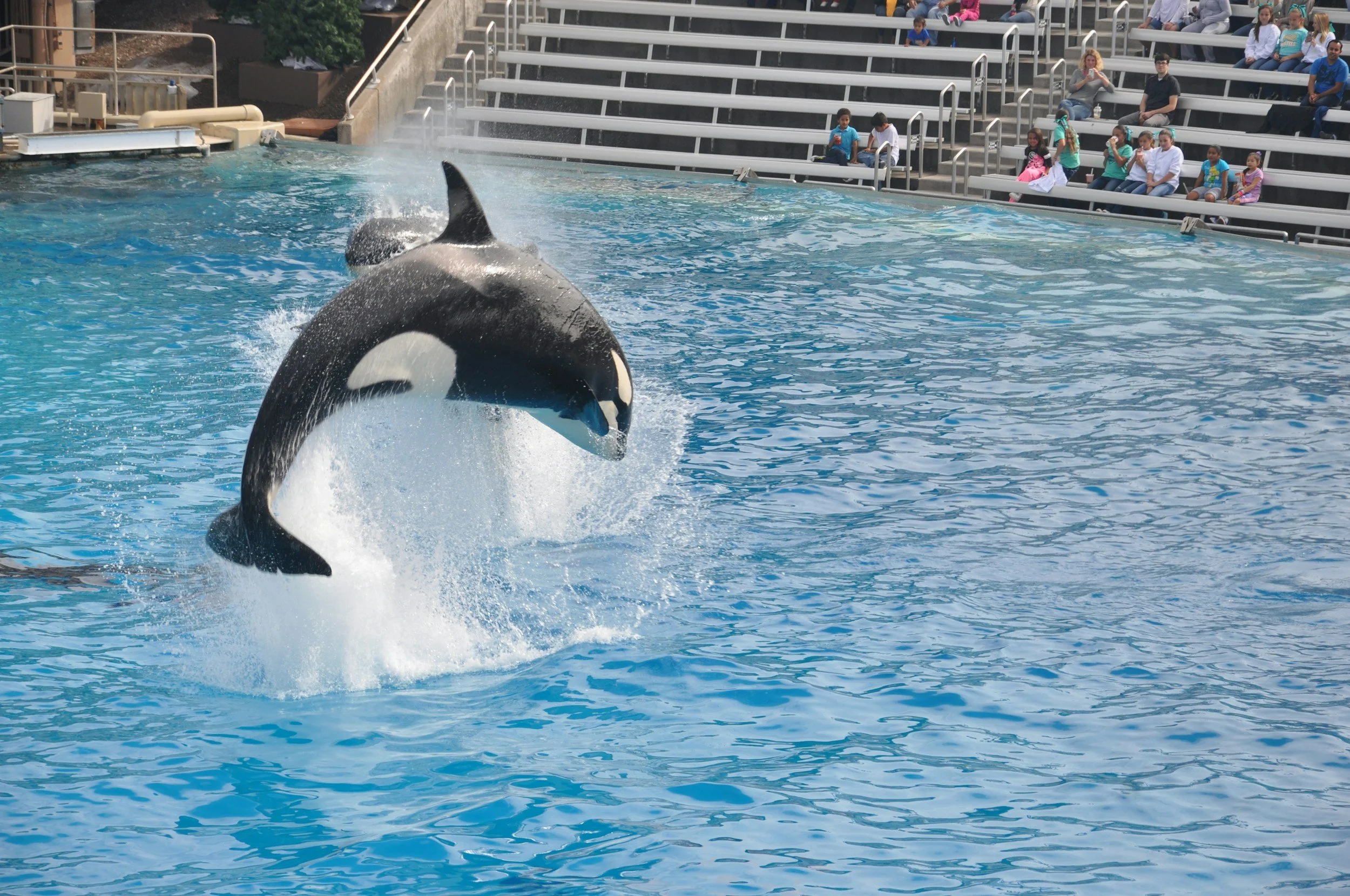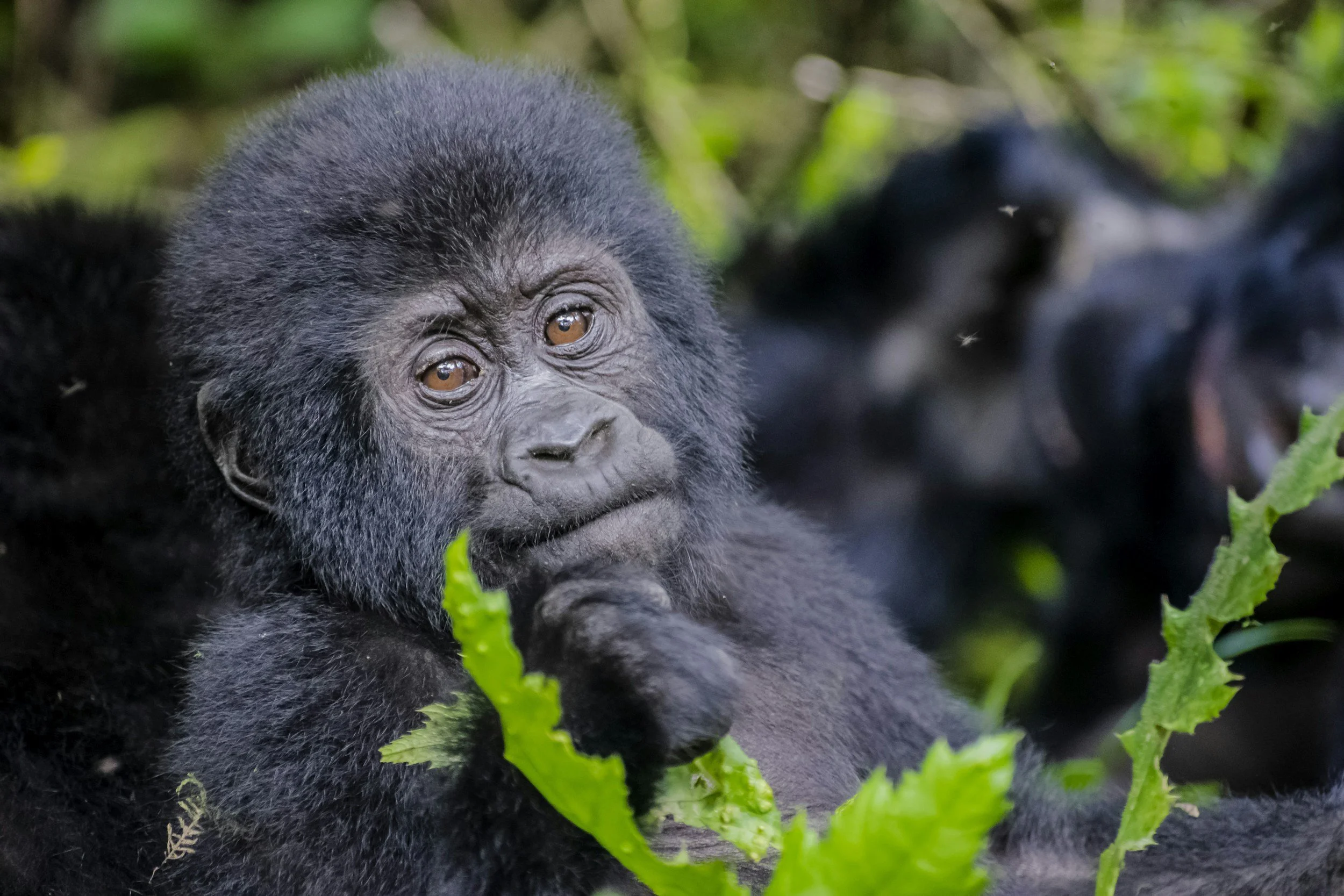'Closer Than Ever': Africa, Brazil On the Verge of Banning the Donkey Skin Trade
The African Union has endorsed a report proposing a 15-year ban on the donkey skin trade, which will be presented to the Assembly of Heads of States and Governments for adoption as early as February 2024.
Credit: The Donkey Sanctuary
The African Union and Brazil are poised to implement a ban on the donkey skin trade, in a move hailed by activists as a ‘critical and significant milestone’.
Ejiao, derived from boiling donkey hides, is popular in traditional Chinese medicine products, which claim to have anti-aging properties. It’s estimated that 4.8 million donkeys are slaughtered to meet the demand for ejiao every year - only two million of those are domestic, according to a study by Johnston for the South African Institute of International Affairs.
Since donkeys reproduce slowly and rarely, China has had to heavily rely on imports, which is having a devastating impact on global donkey populations. According to The Donkey Sanctuary, one of the most trafficked animals globally, with one in ten donkeys being killed for the skin trade every year.
This industry has faced scrutiny from animal rights organizations, revealing a distressing cycle of cruelty. Investigations have exposed appalling transport conditions, where animals are packed in overcrowded vehicles without access to food or water, resulting in sickness, injuries, and miscarriages. Additionally, distressing footage from slaughterhouses shows donkeys being struck with sledgehammers, violently beaten, and skinned while still alive.
Last month, a report calling for a 15-year ban on the donkey skin trade received the endorsement of the African Union. The report’s recommendations will now be put forward to the Assembly of Heads of States and Governments for adoption in February 2024.
The report, ‘Donkeys in Africa Now and In The Future’, was produced by the African Union Inter-African Bureau for Animal Resources (AU-IBAR), with support from a coalition of equine advocacy organizations including Brooke, The Donkey Sanctuary, The Society for the Protection of Animals Abroad (SPANA), and World Horse Welfare. Its findings highlight the alarming decline of the donkey population within Africa due to the donkey skin trade.
“The adoption of this report at the special technical committee session of the African Union last week is a critical and significant milestone on the way to protecting Africa’s donkey populations and the communities that rely on them,” said Dr. Otieno Mtula, Regional Campaigns and Advocacy Manager (Africa) for The Donkey Sanctuary. “That it will be considered by the Executive Council of the African Union in February next year is testament not just to the urgency of the issue, but also the collaborative efforts of all those who have worked tirelessly to bring it to the fore,” he added.
Meanwhile, in Brazil, a bill to ban donkey and horse slaughter has passed both the agricultural and environmental commissions, and will now go to the constitution and justice committee.
“The donkey, due to its historical importance, became a symbol of the struggle, strength and resistance of the country's people, integrating the imaginary Brazilian and constituting a true historical and cultural heritage,” said Congressman Nilto Tatto who strongly supported the bill.
“However, for some years, donkeys have been captured, transported and confined in waiting farms without observing biosafety and almost always non-existent traceability, and finally slaughtered so that their skin can be exported,” he added.
“The reduction in the population of donkeys in Brazil is uncontroversial. Unfortunately, this population decline observed throughout the world and not only in Brazil results from the extractive nature of this activity. Therefore, considering the benefits to donkeys, the health of the Brazilian population, biosafety and our cultural history, we voted to approve this bill.”
The proposed bans in Africa and Brazil are set to have a significant impact on the supply chain of donkey skins being exported to China, effectively cutting off two of the biggest markets in the trade. The Donkey Sanctuary is hopeful that this will prompt the ejiao industry to explore and invest in sustainable, ethical alternatives.
Ian Cawsey, Director of Advocacy and Campaigns at The Donkey Sanctuary, celebrated the progress: “These proposed measures in Brazil and across Africa have the potential to save the lives of millions of donkeys every year.
"The Donkey Sanctuary’s Stop the Slaughter - End the Donkey Skin Trade campaign is the single biggest donkey protection initiative we have undertaken in 50 years of operation. The ending of slaughter and export of donkey products for the skin trade in 56 countries across two continents is closer than ever and would be a huge milestone on the road to ending the global donkey skin trade.
“We couldn’t have got this far without the help of our partners and supporters and though there is still work to be done to ensure these laws are passed and enforced, this is a huge win that demonstrates growing international recognition of the value of these remarkable and intelligent animals.”
What Can You Do?
The Species Unite community has been fighting tirelessly for donkeys since we released our first campaign to encourage action against the ejiao trade. We currently have several petitions, with tens of thousands of individuals speaking out to create change for donkeys, including one to end Amazon’s involvement in ejiao, another to show support for the Ejiao Act in Congress right now, and one calling on Kenya to bring back their former ban on slaughtering donkeys.
In the US, we are also urging our supporters to contact your congressional representative directly, we recommend you send them a letter asserting your support for a ban on the horrific trade of donkeys once and for all. You can find the name of your specific congressional representative here.
Lastly, you can also support the multiple organizations that are fighting to end the use and trade of ejiao, such as adopting a donkey through The Donkey Sanctuary to provide food and medical care for one of their animals.
We Have A Favor To Ask…
Species Unite amplifies well-researched solutions to some of the most abusive animal industries operating today.
At this crucial moment, with worldwide momentum for change building, it’s vital we share these animal-free solutions with the world - and we need your help.
We’re a nonprofit, and so to keep sharing these solutions, we’re relying on you - with your support, we can continue our essential work in growing a powerful community of animal advocates this year.
More stories:
Species Unite
A collection of stories of those who fight the good fight on behalf of animals.






A judge has issued Pennsylvania’s first habeas corpus order for a nonhuman animal, advancing NhRP’s fight to move five African elephants from the Pittsburgh Zoo to a sanctuary.